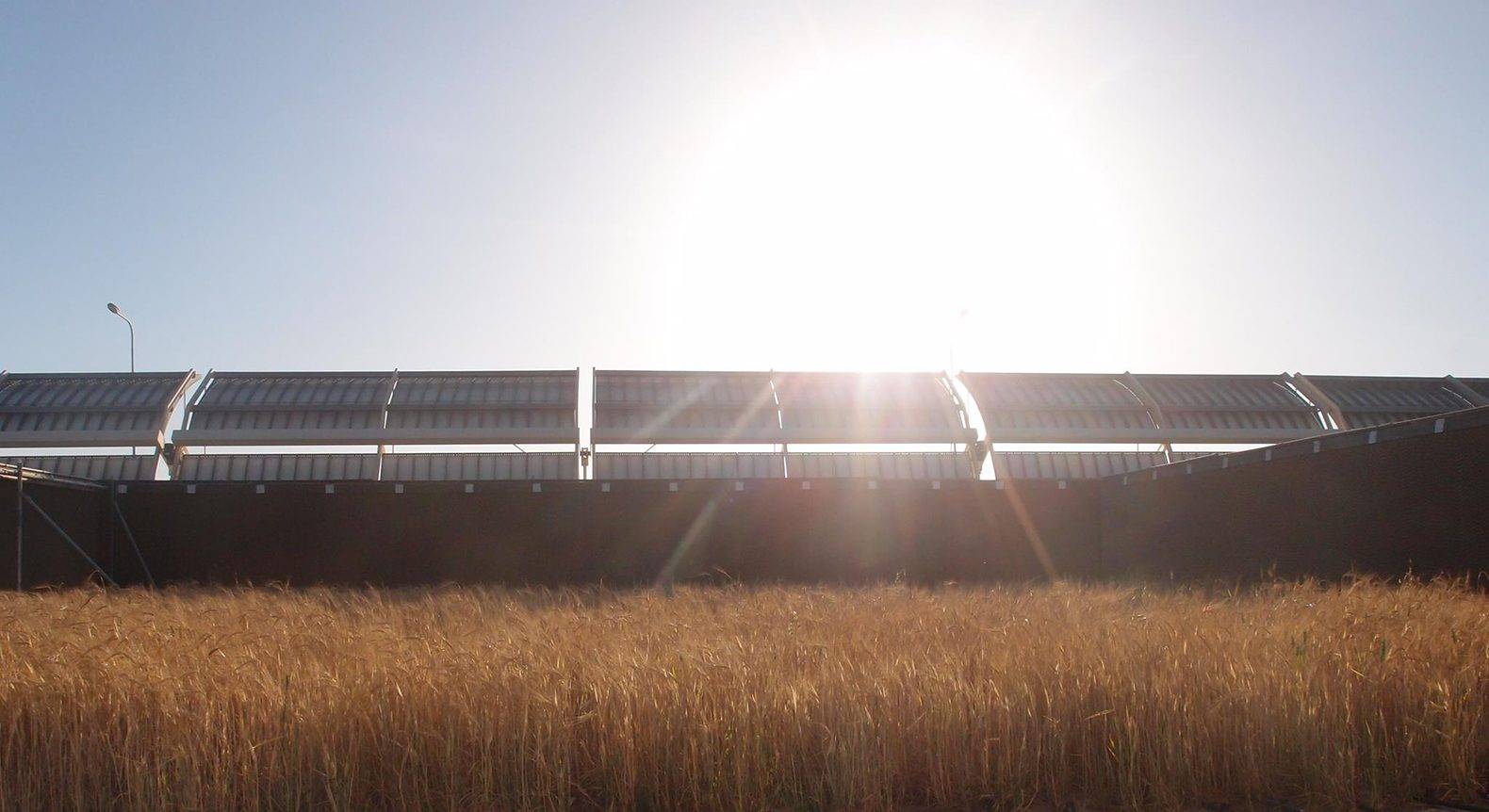More Kenyans Will Have Access To Affordable, Clean Energy

The UK Government has made known its plans to invest in two new solar plants in Kenya as part of the Department for International Development’s Transforming Energy Access Programme.
The investment move is in a bid to provide more people with access to affordable and clean energy.
Kenya’s current energy mix mainly consists of biomass and wood fuel (69 percent), petroleum (22 percent) and electricity (9 percent). Biomass (charcoal and wood fuel) is the most consumed energy in Kenya. It is mainly used for cooking, heating and lighting. This is despite the fact that the consumption of biomass poses grave health risks to households due to exposure to smoke pollution.
Also uncontrolled biomass consumption leads to mass deforestation that accelerates climate change which then interferes with food production and puts the current and future livelihoods in jeopardy.
Electricity access in Kenya has remained low despite the government’s tremendous effort in scaling up electricity connectivity from the current 15 percent to at least 65 percent by 2022. The current electricity demand is 1,600 MW and is projected to grow to 2,600-3600 MW by 2020.
In a move to partly provide a solution, UK government has said it will work with private infrastructure development group InfraCo in the USD 2.2 Mn investment project that will see the development of two plants in Samburu and Transmara, with a capacity of 10MW each.
Minister for Africa Harriet Baldwin said, “Transforming Energy Access is using the UK’s expertise in technology and finance to provide power for people across Africa and tackle one of the world’s biggest challenges, climate change.
“The UK government’s investment in clean energy and waste reduction for people and businesses will help millions of people across Africa. It’s a win for the developing world and a win for the UK.”
The Transforming Energy Access Programme provides support for early-stage testing for easy access to clean energy for housing and business. The programme has allowed businesses in Africa to cut carbon emissions by two million tonnes and helped to obtain USD 359 mn of investment from the public and private sectors.
In December 2018, the Kenyan Government launched Kenya National Electrification Strategy (KNES) in an ambitious plan to achieve universal electricity access by 2022. Universal access to electricity is indispensable for meeting Kenya’s development goals under Vision 2030 of becoming a newly industrialised and middle-income country.
Featured Image Courtesy: inhabitat.com